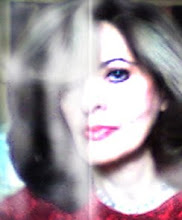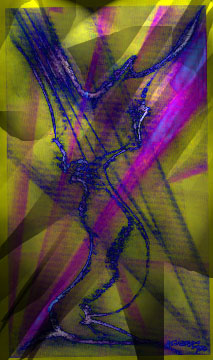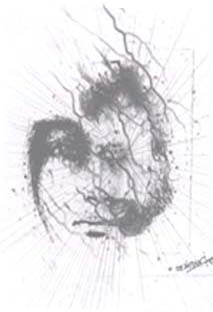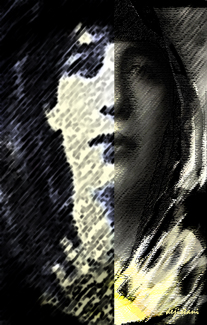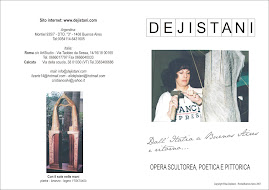I have always aspired to a more spacious form –Czeslaw
Milosz
Monday, March 26, 2012
Writing Poems: chapters 3-6
By Robert Wallace and Michelle Boisseau
Reviewed by Stephen Page
On other reading this month, I read chapters three
through six of Writing Poems. I found the authors’ opinion of
prose poems poignant: “Prose poems, as one might infer, aren’t verse at
all, but short compositions in prose that ask for (and reward) the concentrated
attention usually given to poetry.” By definition of verse (turning, to
turn, turn over) I guess that qualifies. Also relevant is the discussion on
free verse:
“’T.S.
Eliot said, ‘No vers is libre for the poet who wants to do a
good job.’ And the great American innovator in free verse, William Carlos
Williams, was always quite certain: ’…to my mind, there is not such thing as
free verse. It’s contradiction in terms, the verse is measured. No
measured can be free.’ Since the nature of verse itself means that we pay
attention to the way lines cut across and so measure the flowing phrase and
sentence of speech, Williams is correct; free verse measures, lines
are measured, and though not metered.”
When I taught high school, to interest the teenagers
in poetry, I mingled poems with pop rock lyrics. I explained that
rock-and-rollers of the last forty or fifty years lived similar lives to poets
in Shakespearian times, traveling around in bands, playing on street corners,
playing to paying customers in theatres. I also showed how lyrics, when seen
visually on the page, look like poems, and have many of the same qualities of
poems, especially meter, assonance, alliteration, internal rhyme; moreover, end
rhyme to help the listener memorize the verse and know where the line
ended. The author talked similarly about this in the first paragraph of
chapter five.
Chapter
six is especially interesting, as it parallels what John Haines talked about in
his essays,
“Equally
blinding for the beginning poet is the assumption that poetry is mainly direct
self-expression: What happened to me,
what I feel. Poets risk
psychobabble—endlessly reporting their own feeling, their own experience (only
because it’s their experience), unaware that they are boring a reader.
Looking only inward can keep poets from looking outward.”
“Subjects
and Objects” is a good section of chapter six as it covers what most great
writers already know: take the usual and make it extraordinary. Make
every day occurrences interesting for the reader. In the chapter there is
another topic that Haines talked about, poetry and place. Go out where
you live and get into the feel of the place. Connect. That is where
the poetry comes from. The “Presenting,” section talks about your advice
on some of my poems: whittle your poem down to their essence. Take out,
or leave out, unnecessary details.

